The Best Remixes for Wedding DJs 2023

Wedding season has arrived! DJcity’s Remix Director Sir Marcus has put together a list of wedding-friendly tracks guaranteed to freshen up your DJ sets and...
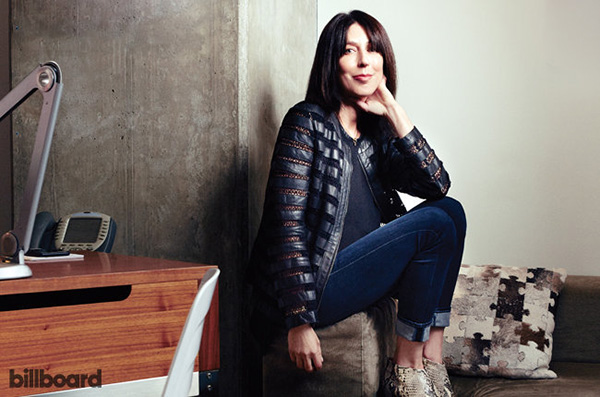
Wendy Goldstein in her Republic Records office in Santa Monica, California. (Christopher Patey)
Republic Records has been on fire in recent years, and one of the key players behind the success is their Executive VP/Head of Urban A&R, Wendy Goldstein.
A former DJ and resident of Brooklyn, Goldstein began her career as a secretary and later talent scout for late Epic Records A&R executive Bruce Harris. She then went on to hold A&R posts at RCA, Atlantic subsidiary East West, Geffen (where she signed The Roots, Common, and GZA), and Priority.
In 2008, Goldstein joined RCA, initially as a consultant, where she now works with superstars like Ariana Grande and The Weeknd. Her latest project, Hailee Steinfeld, had one of the most added pop songs on the radio last week (“Love Myself”).
Billboard recently spoke to Goldstein about why Republic has been so successful, the current state of urban music, what it’s like being a woman in the industry and more. Below are our favorite responses from the interview.
On Republic having four of the seven number one radio songs in 2015:
“As a company, we’ve become very fine-tuned at understanding what a radio record is — for this moment in time; those things change. But for the run we’re having now, there’s this certain DNA to a hit song that we know how to do. We’re also very strategic with our releases. People always say, ‘Oh, they’re a radio company,’ or, ‘They’re a research company.’ I beg to differ. We’re a very A&R-centric company. All of the successful records we’ve had, for the most part, in the last two years have been made from scratch.”
On what the formula for a hit is:
“It’s tough to pinpoint. ‘Can’t Feel My Face’ breaks all the rules. He’s talking about drugs, to begin with — and not soft drugs. But I think the DNA is simply things that are really catchy, interesting and stick with you. If you look at the common thread of a lot of our records, they’re catchy and fit the artist. A hit record is just a moment, a 3:30 version of something that stays with you forever.”
On why R&B is struggling:
“I don’t think the artists are being as innovative as they should be. Even on the hip-hop side, the records have been dumbed down so that very few really smart records get through, like a J. Cole, Kendrick or a Big Sean. But on the singing side, it has been worse. No one has been able to pull up with a defining record that’s a game-changer. That’s what R&B needs right now. Guys that we were hoping were going to be that have been very slow to get out of the box again, like Frank Ocean and Miguel. And it’s partially radio’s fault. They’re not so open to playing [adventurous] things until they’re big somewhere else.”
On the lack of innovation in urban music:
“Urban has a fundamental problem trying to find its place, and it absolutely is the fault of the system: You could cut the exact same songs with a black female singer that I cut with Ariana, and they would be nowhere as big. But I also feel that we have to get a little more adventurous in urban. When you think about groups like The Fugees and Outkast — where are those groups today? Where’s that person who has that voice like Lauryn Hill who can be as f–ing grimy and ‘hood’ as possible, but then come out with a song like ‘Killing Me Softly’ that was No. 1 around the world? The only true R&B that’s out there right now, I hate to say it, are legacy things. But kids know no genre-specific boundaries, so you’re getting more hybrid acts like The Weeknd or Janelle Monae, which wouldn’t necessarily sit at just R&B [radio]. At some point, you’re going to see the hybrid things break out.”
On the term ”urban”:
“It’s an antiquated term that’s not specific enough anymore to reflect the music coming out. Labeling something is functional because you have to be able to explain it, but it’s also limiting.”
On the challenges of being a woman in the music industry:
“I never felt discriminated against, and never felt like I couldn’t do the job. I come from an era where if someone hit on you, you dealt with it — you didn’t run to HR. And the times I was told that women should be barefoot and pregnant in the kitchen, I laughed it off. If anything, it fired me up: ‘F– you. I’ll show you. I’ll be a boss one day.'”
Related: The Weeknd’s ‘Can’t Feel My Face’ Receives House Remix From DJ Drew

Wedding season has arrived! DJcity’s Remix Director Sir Marcus has put together a list of wedding-friendly tracks guaranteed to freshen up your DJ sets and...

We just launched our biggest sale of the year! Get 90% off a DJcity membership and join for just $1 (regular price $10) for the first month when you check...
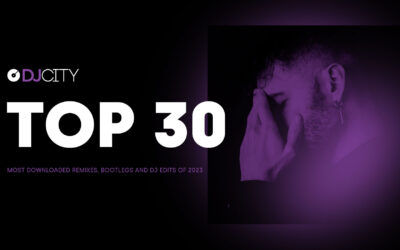
ATCG. Last Thursday, DJcity revealed its most downloaded tracks of 2023. Today, we dive deeper to uncover the most popular remixes, bootlegs, and edits of...
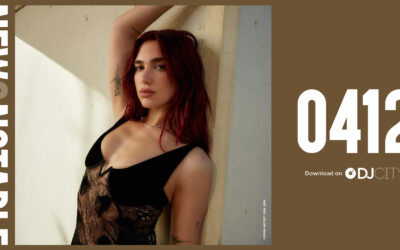
New tracks that DJs should know about.

Here at DJcity, customer satisfaction is crucial, and therefore we always take input and feedback from our customers and DJ community very seriously. Due t...
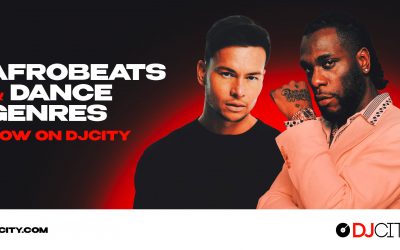
At DJcity, we are always working to make sure that the way our record pool functions reflects the needs of our users. Therefore in our latest update, we sw...

GRAYMATTER. Yesterday, DJcity revealed its most downloaded tracks of 2022. Today, we dive deeper to uncover the most popular remixes, bootlegs, and edits o...
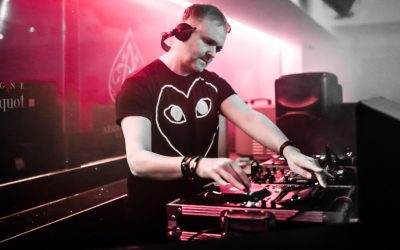
Safety First!. (Source: Safety First!) Veteran Manchester-based DJ/producer Safety First! has released a DJcity exclusive remix of Salt-N-Pepa‘s hip-hop cl...
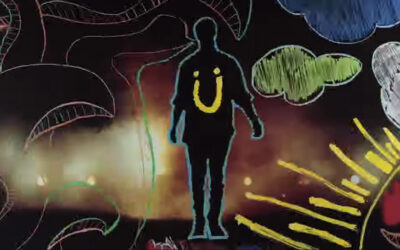
Some fans were skeptical when they discovered that Skrillex and Diplo's debut Jack U album includes a song with Justin Bieber. "Where Are U Now" has...
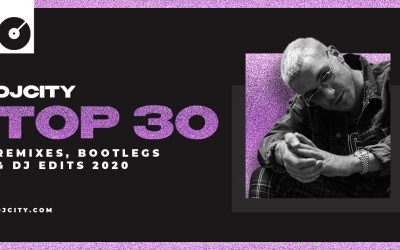
James Hype. Yesterday, DJcity revealed its most downloaded tracks of 2020. Today, we dive deeper to uncover the most popular remixes, bootlegs, and edits o...